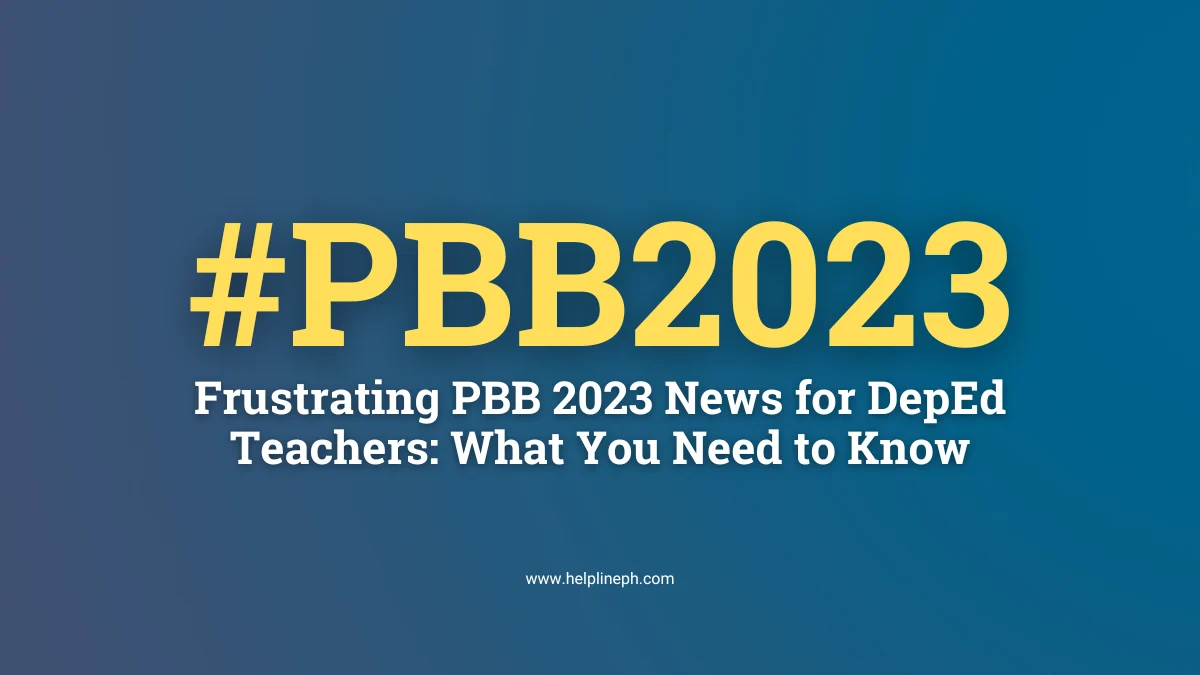CSE Practice Test 1 needs mastery in Civil Service Exam. Reviewees need to master the key points that are crucial and needs extra attention. To do this, the reviewee should read and understand each item with proper care. In taking Civil Service Exam, memorization is only a technique but it can’t help you pass the exam. It means that you have to read, understand and internalize the topics. Understanding the questions very well before analyzing it is the best trick to do.
In reviewing CSE Practice Test 1 , the brain should act as a gallery. The reviewee must master retention of difficult points. There are choices and options but those are very close to the correct answer. To pick the best answer, the reviewee should master the techniques very well. With four difficult choices, only one is the answer. It takes wit and speed as well as control to point the answer in a matter of one (1) minute.
Some items in CSE Practice Test 1 are easy. Yet, the difficult questions outnumber the easy ones. During the review, it is best if you stay focus and think that the review is the real scenario. In this manner, you will be used to the flow of the process of the exam. The positive mentality is what matters the most and it will add to your advantage. Questions in each item may be difficult at first reading but as you read it twice, you will find it easy to answer. CSE Practice Test 1 is very important and this is one point that you need to practice.
Many said that Civil Service Exam is difficult to pass and it is agreeable. If an aspiring taker wishes to pass the examination, he/she must focus on the review to nail it!

CSE Practice Test 1
1) Which of the following is not a part of a letter (correspondence)
a. The salutation
b. The signature
c. The heading
d. The climax
Ans: d
2) If the stationery of the writer has a logo, which of the following may the writer omit in the letter?
a. The street address and town and / or city’s name
b. The date
c. The salutation
d. The complimentary close
Ans: a
3) In which kind of letter is “Dear Sir” usually used?
a. Business letter
b. Thank-you letter
c. Informal letter
d. Letter of complaint
Ans: a
4) Which of the following should be avoided in choosing a stationary for a business letter?
a. Colored paper
b. Unusual sized
c. Fraternity, club or hotel stationery
d. All of the above items
Ans: d
5) “Respectfully yours” is commonly used in letters to:
a. Public officials
b. Clergy and others in religious orders
c. To those ranking above the writer in academic circles
d. In writing and invitation
Ans: c
6) When may a letter not be signed by a writer?
a. In writing confidential letter
b. In writing a mimeographed or circular letter
c. In a memorandum
d. In writing an invitation
Ans: a
7) Which of the following is a dated or worn business
a. As soon as possible
b. At this writing
c. Recent date
d. All of the above items
Ans: d
8) Which of the following is not essential to the minutes of a meeting?
a. Date and place
b. Members present (attendance)
c. Snacks
d. Agenda and time
Ans: c
9) The primary aim of filing is:
a. To store material systematically in a safe place for easy access
b. To keep an office neat
c. To reduce the need for secretaries
d. All of the above items
Ans: b
10) The first unit to be considered in alphabetizing personal names is:
a. The first name
b. The middle name
c. The surname
d. Name of the above items
Ans: c
11) Looking for a file on a woman has married and is shown by her married name may be made easier by:
a. Indexing
b. Cross-referencing
c. Retention
d. None of the above items
Ans: b
12) To prevent confusion in filing of names of government office which may be a department, bureau, division or ministry, a records operator should:
a. Cross refer the names
b. Put all government offices under the heading RP
c. File the office under the heading which is more distinctive and descriptive of the office
d. None of the above items
Ans: c
13) Key titles for filing purposes may be chose on the basis of:
a. The names that appear on the letterhead
b. The name of the address line
c. The name of the person signing the letter
d. All of the above items
Ans: d
14) The long tone in a phone means that:
a. The line is ready for use
b. The line is busy
c. Contact has been made with the other party
d. The line is dead
Ans: c
15) The intermittent buzzing of a phone means that:
a. The line is ready for use
b. The line is busy
c. The line is dead
d. Contact has been made with the other party
Ans: b
16) What would you do first when the line you called has answered?
a. Ask for the person whom you want to talk to
b. Say what you have to say at once
c. Ask for the name of the person who answered the phone
d. Identify yourself and the office you represent
Ans: d
17) How would you react to a caller who mistakenly dialed your office number?
a. Berate the caller
b. Give your offices telephone number
c. Tell the caller he got the wrong number, to try calling his number again
d. Don’t answer and put down your telephone gently
Ans: c
18) The number received from the BIR to identify a taxpayer is known as:
a. National ID card number
b. SSS number
c. GSIS number
d. Tax account number
Ans: d
19) The number used to denote the account of a government employee who is a recipient of government benefits is known as:
a. National ID card number
b. SSS number
c. GSIS number
d. Tax account number
Ans: c
20) Which of the following is the best complimentary close for a business letter?
a. Your affectionate fried
b. Sincerely yours
c. Your humble servant
d. Your devoted client
Ans: b
To download this reviewer, click HERE. Godbless!





